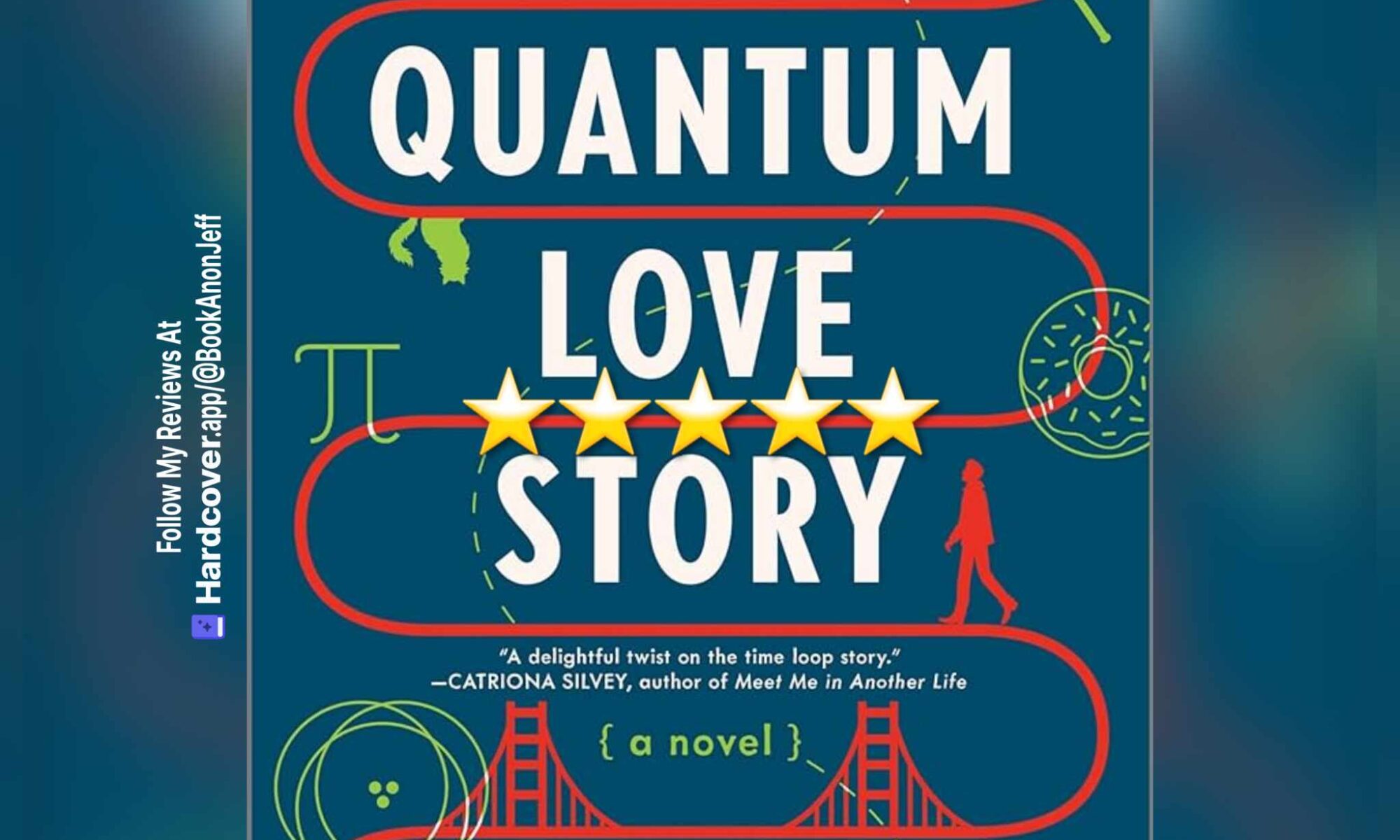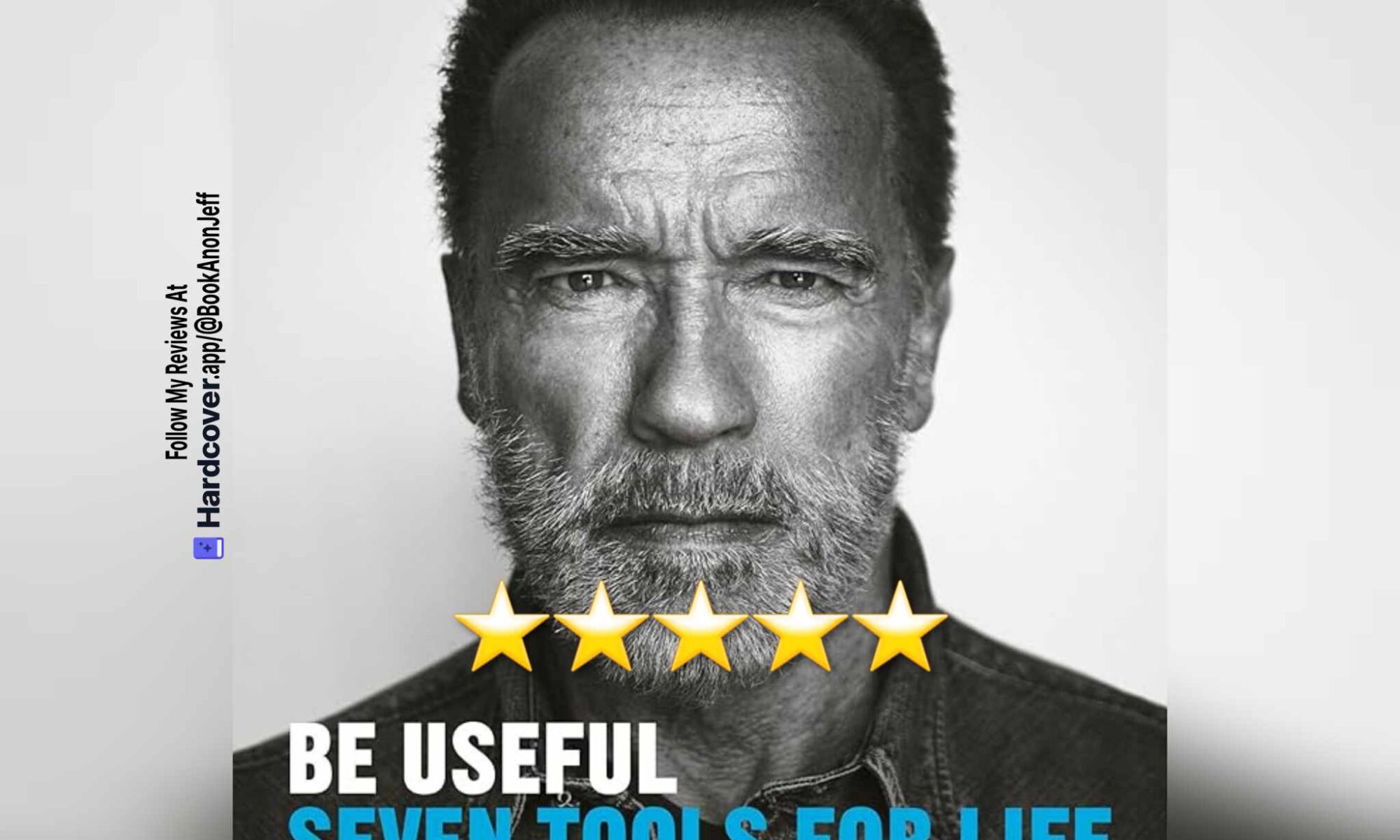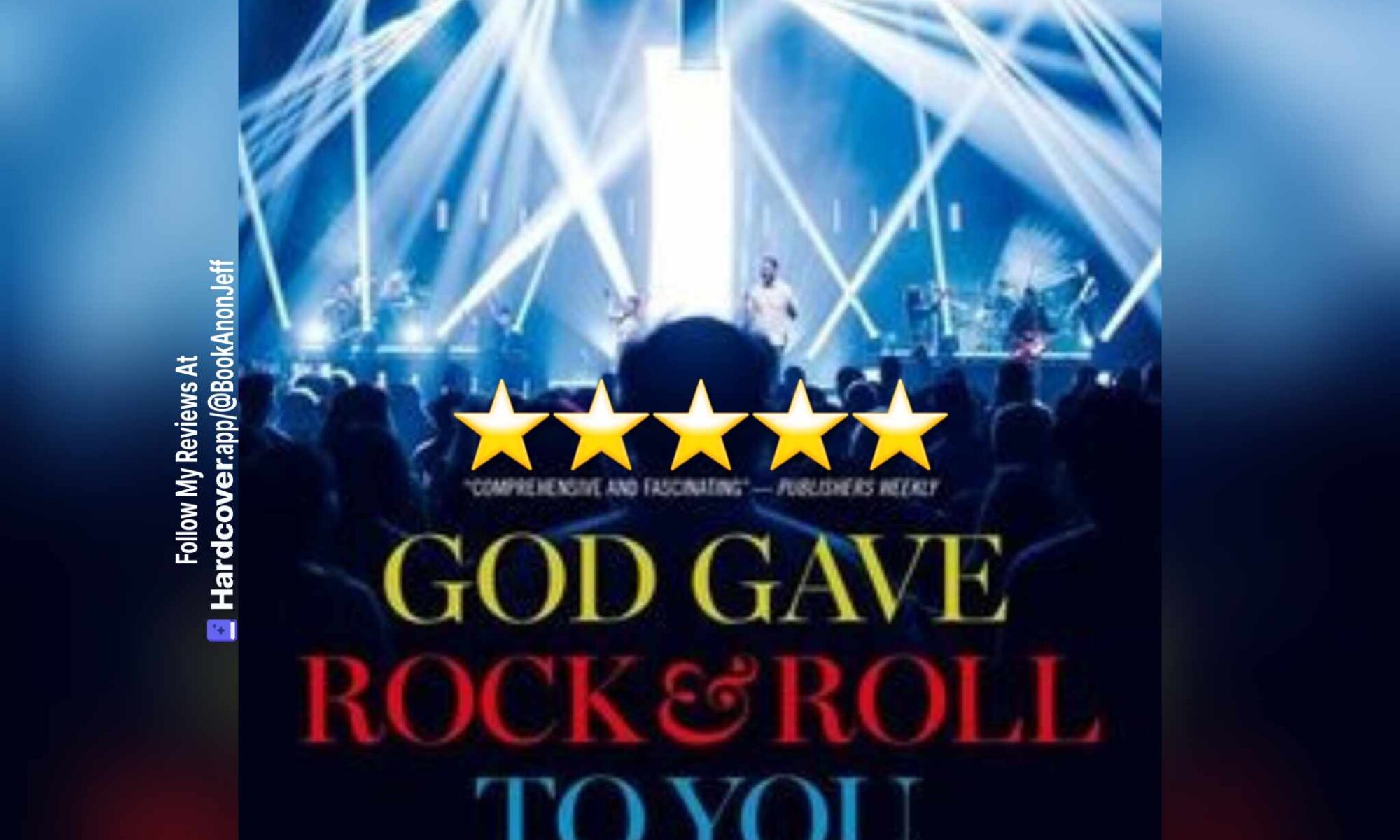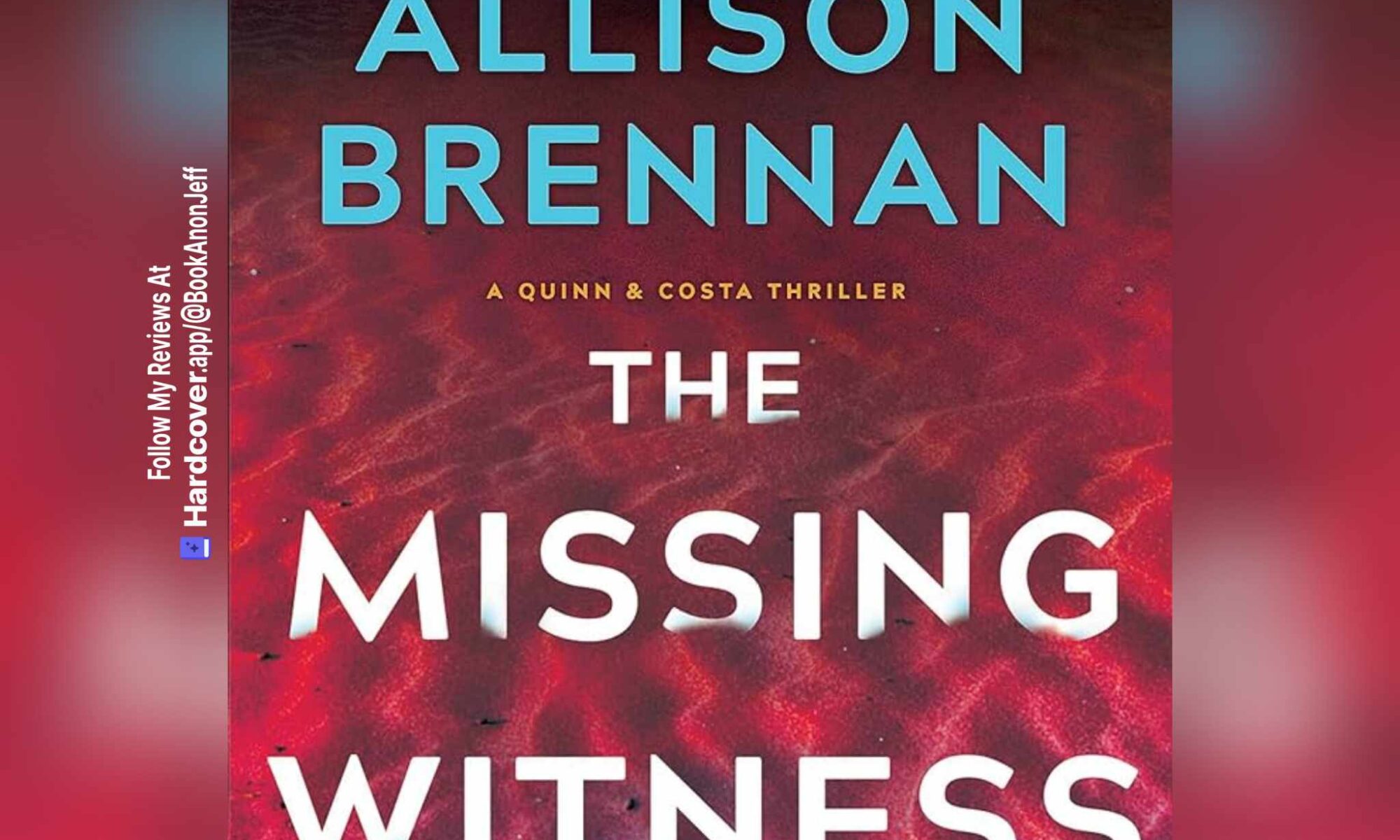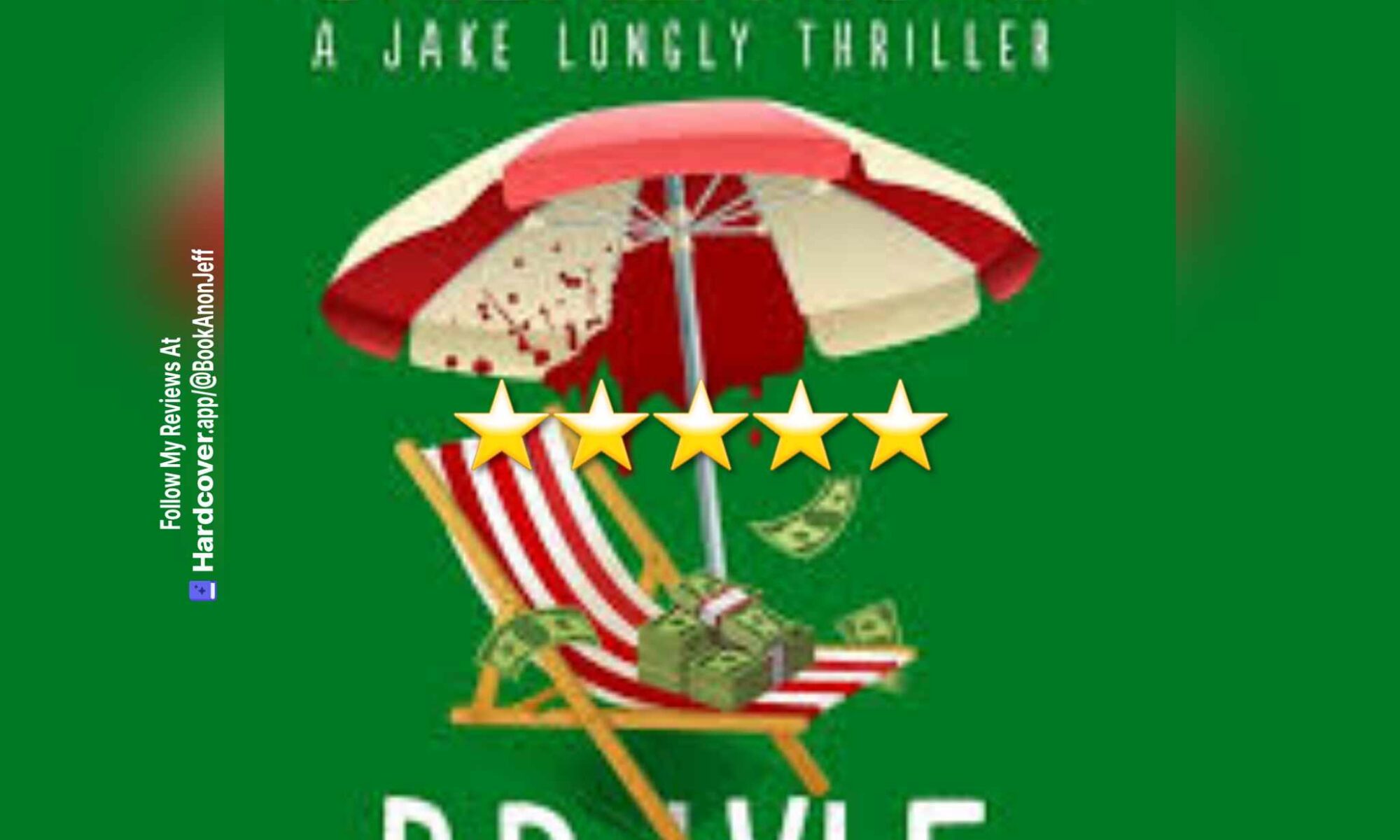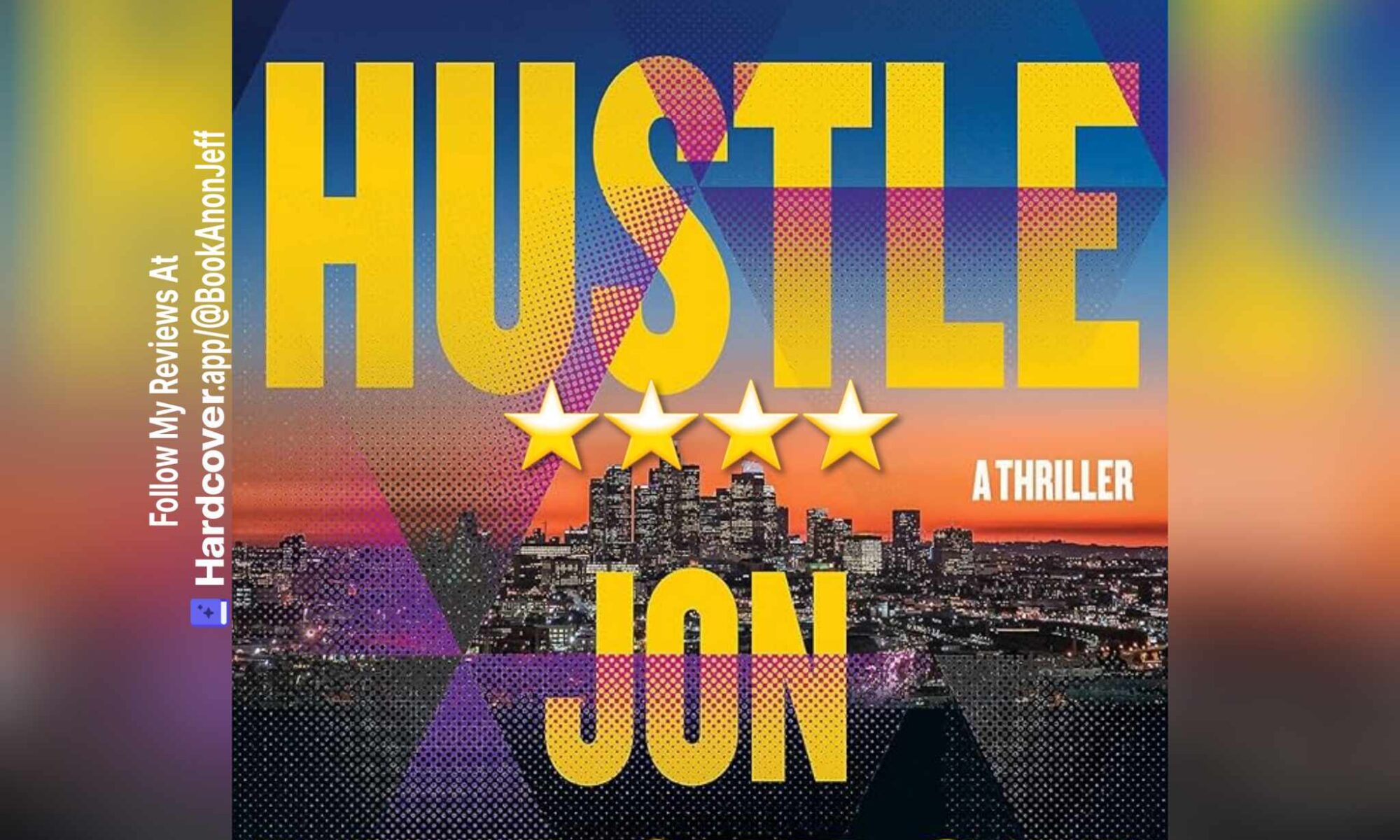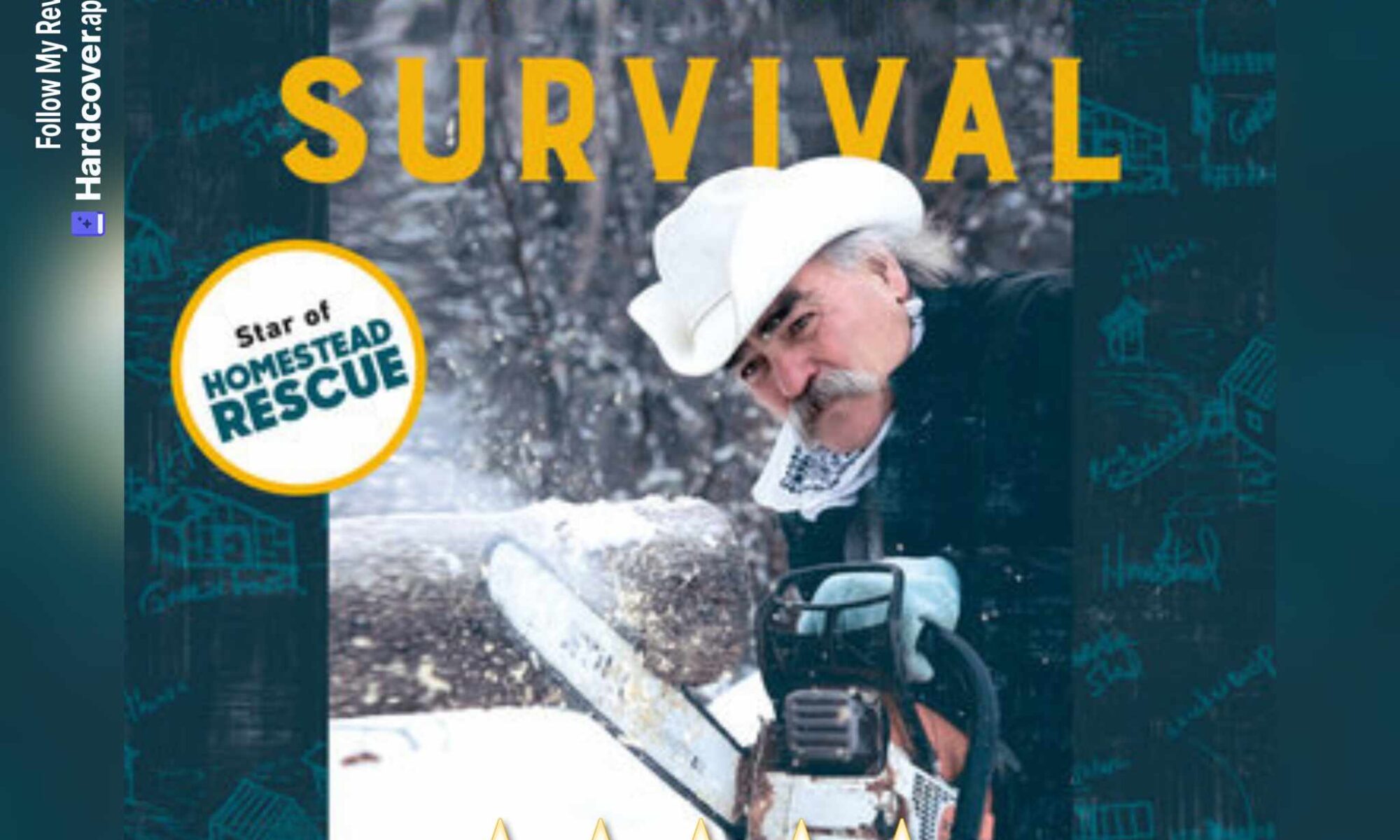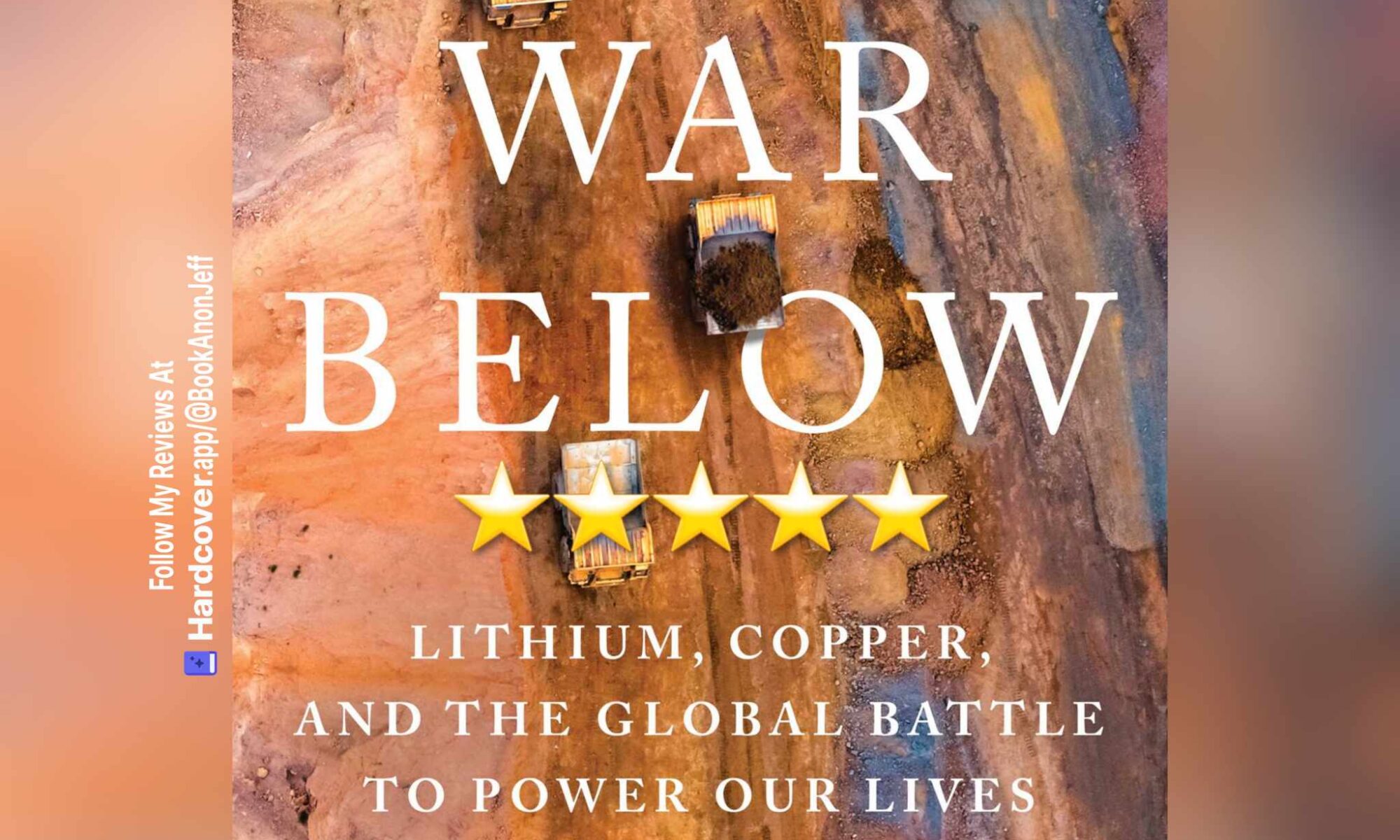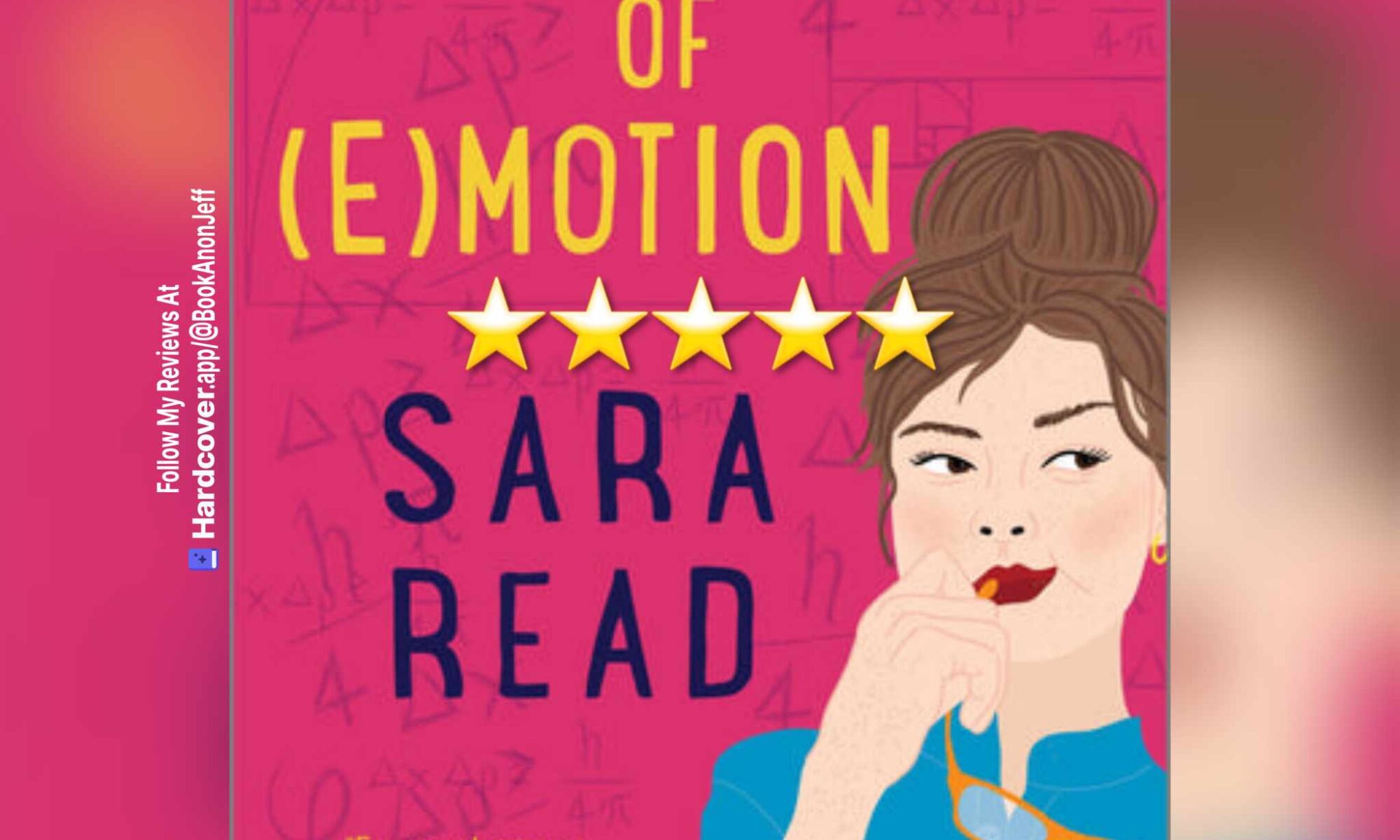For this blog tour, we’re looking at a strong scifi book that will possibly cause a war within Booklandia. For this blog tour, we’re looking at A Quantum Love Story by Mike Chen.
Here’s what I had to say on the review sites (Hardcover.app, TheStoryGraph, BookHype, Goodreads):
Title Vs Genre Will Cause A War In Booklandia. This is a book where the title will quell any riots over the story… and yet so many places (perhaps because of the publisher? unclear there) classifying this as a “romance” for genre purposes… is going to spark those very riots. To be clear, this book does NOT meet RWA qualifications for a “romance novel” – and is actually all the stronger for it. (As is generally the case, fwiw.) Which is why the title is correct and speaks to exactly what you can expect here: a scifi love story, both with the characters and from the writer to the audience. This is a quirky, funny, heart bursting, extremely cloudy room kind of scifi tale that is going to take you less on a rollercoaster of emotion and more through a multiverse of various combinations of emotions.
Yes, at its base this is a Groundhog Day/ Edge Of Tomorrow kind of time looping tale. Which then builds into almost Terminator level time looping. Even certain elements of a Michael Crichton TIMELINE or a Randall Ingermanson TRANSGRESSION or even a Jeremy Robinson THE DIDYMUS CONTINGENCY. All while based in and around a “super-LHC” – which reminds me, make sure to check hasthelargehadroncolliderdestroyedtheworldyet.com a few times while reading this book, just to be sure – and its experiments.
Overall this book really was quite good and quite a ride – one of the very few where I knew I had to immediately begin writing the review as soon as I finished the book itself. That, to me over the course of *so very many* books and Advance Review Copies over the last several years, is one of the marks of a particularly good book – you’re just left in such emotional upheaval that you *have* to write to get the thoughts out of your own head. But don’t go into this book expecting a romance – it does NOT meet those “official” guidelines – and, again, is stronger for it. It absolutely IS a love story (and yes, “clean”/ “sweet” crowd, you’ll find this one perfectly acceptable), and honestly one of the better ones I’ve read in the last several years.
Very much recommended.
Note that the review on Hardcover.app, TheStoryGraph, and Goodreads contains an extra paragraph that contains a spoiler that some may find beneficial to know about – this site, BookHype, and BookBub do not support spoiler tags to hide such details.
After the jump, an excerpt from the book followed by the “publisher details” – book description, author bio, and social media and buy links.
Continue reading “#BlogTour: A Quantum Love Story by Mike Chen”

